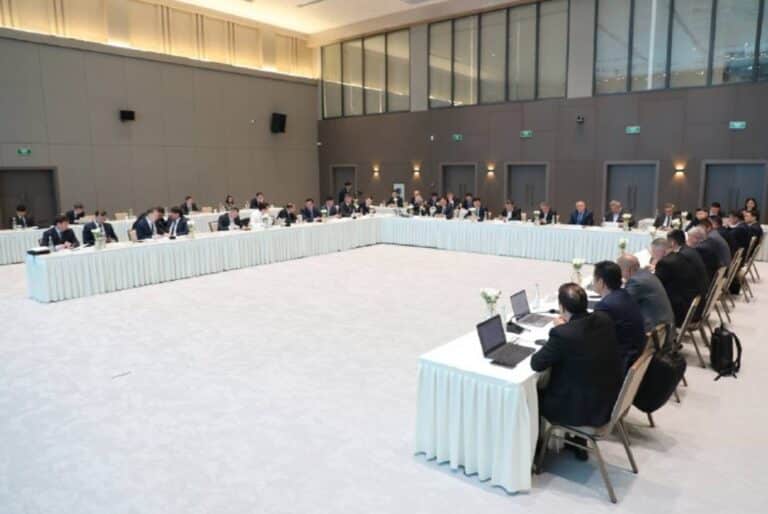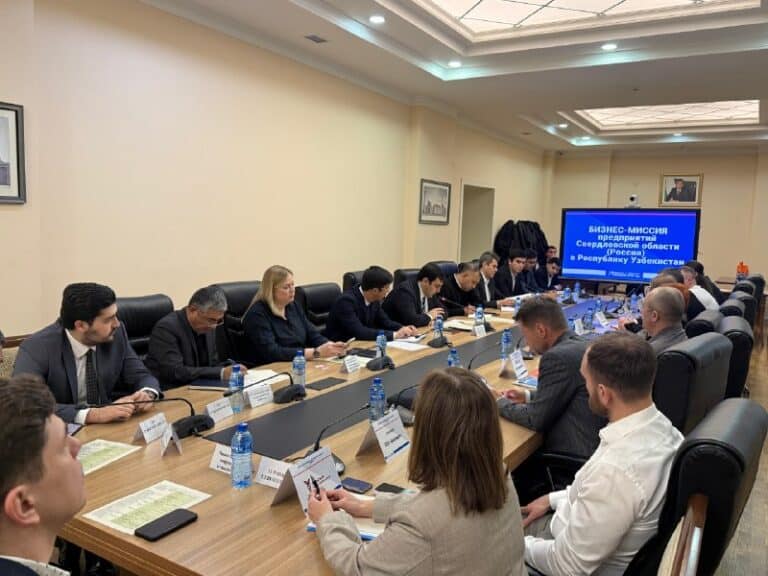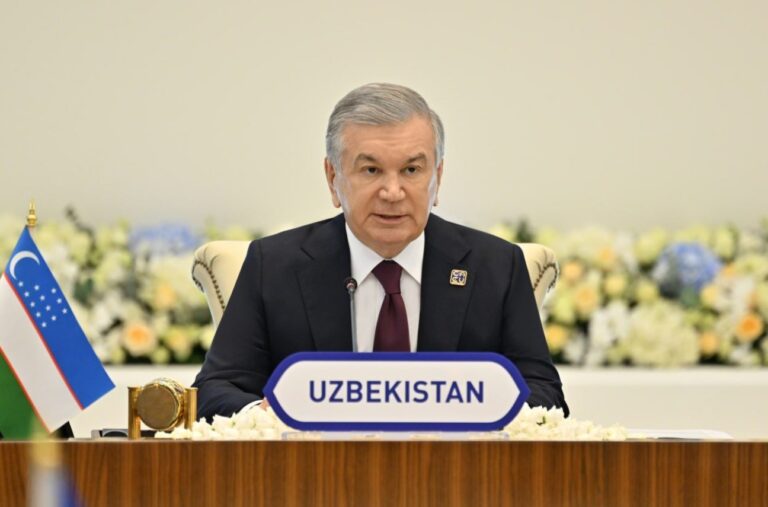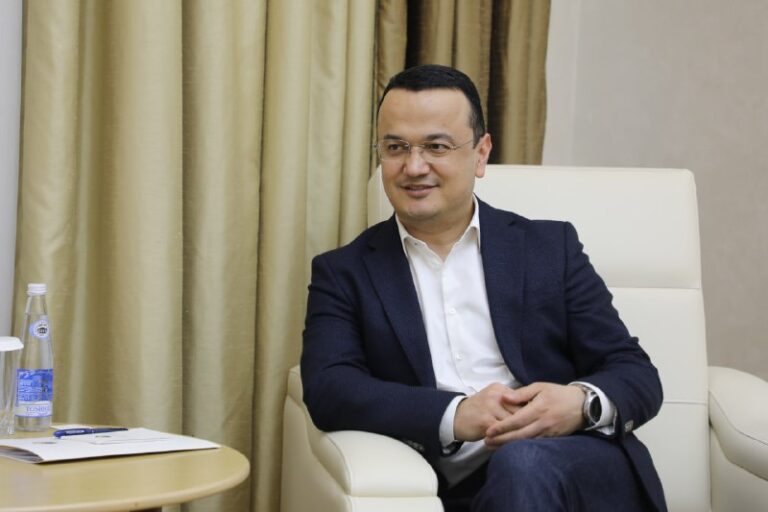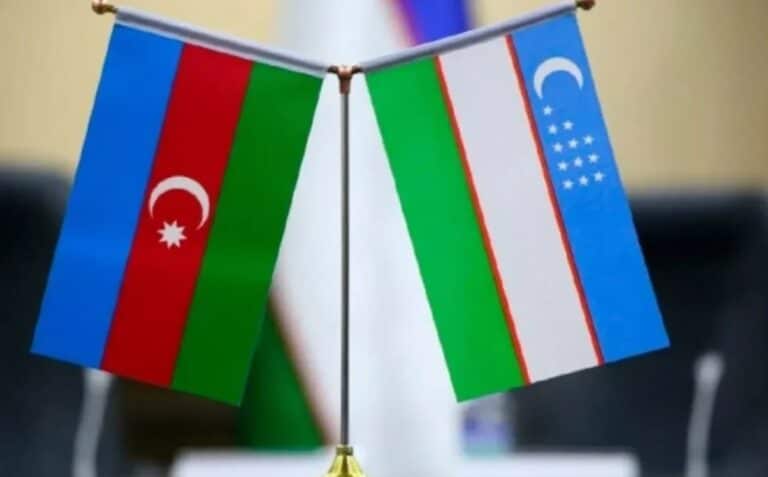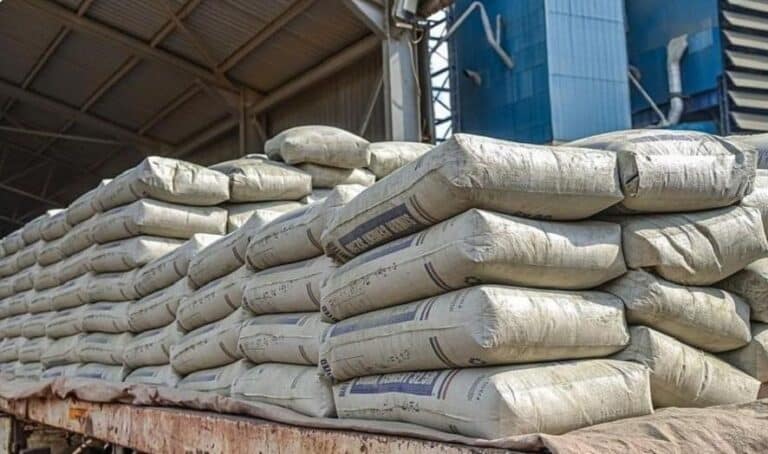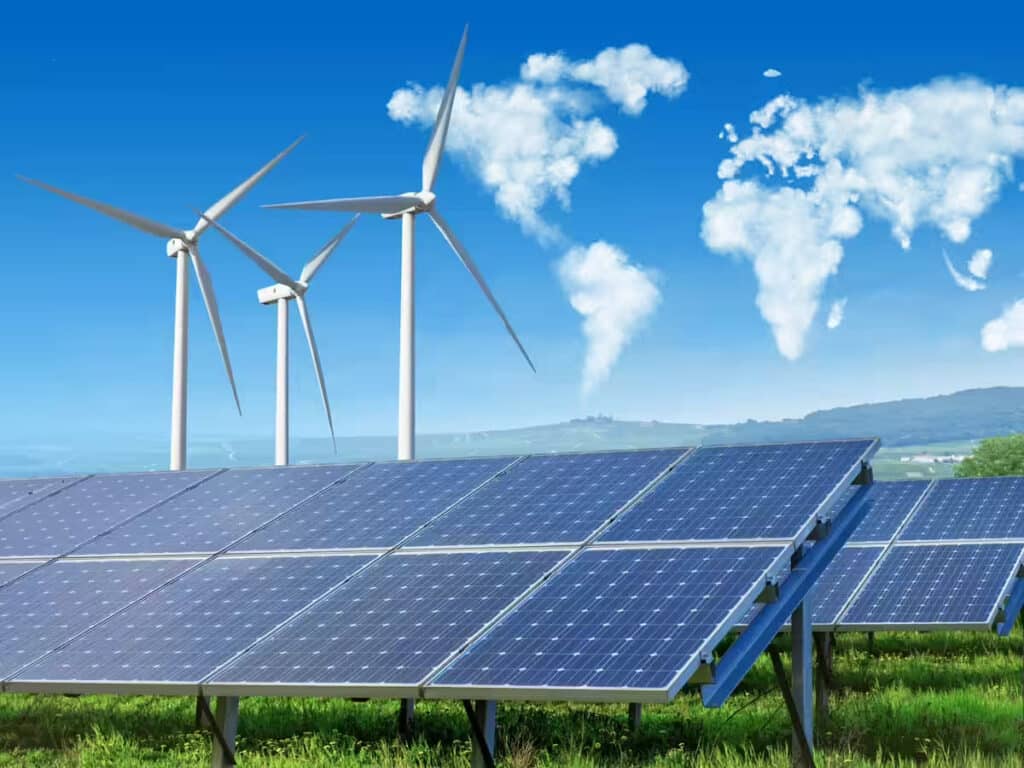
On July 30, 2025, a roundtable on Uzbekistan’s low-carbon strategy and green energy certification was held at the Institute for Macroeconomic and Regional Studies. Representatives from government, international bodies, banks and the private sector gathered to discuss carbon neutrality by 2055 and the use of renewable energy certificates.
Participants also addressed the EU’s Carbon Border Adjustment Mechanism (CBAM), which will impose carbon taxes on certain imports starting January 1, 2026. I-REC certificates could help Uzbek exporters maintain access to the European market by proving clean energy usage.
Texnopark Registers First Solar Station
A key outcome was the agreement between the Ministry of Economy and Finance and Texnopark LLC to certify the country’s first solar PV station, rated at 823 kW, under the international I-REC(E) system. This marks a milestone in the country’s shift to certified renewables.
I-REC Boosts Green Investment and ESG
I-REC(E) certificates confirm the generation of 1,000 kWh of green electricity and offer benefits such as access to green financing, improved ESG ratings, and export potential. Uzbekistan has already issued over 340,000 certificates, and companies such as UzAuto Motors, Knauf and British-American Tobacco Uzbekistan are among the early adopters.
Hydropower plants under Uzbekhydroenergo and solar assets like those by Texnopark are now registered in the global system. Textile firms and data centres are also exploring I-REC participation to meet sustainability goals and attract international investment.
Kursiv also reports that Chinese companies have put forward a proposal to establish a $500 mln investment fund aimed at supporting joint ventures in Uzbekistan.


